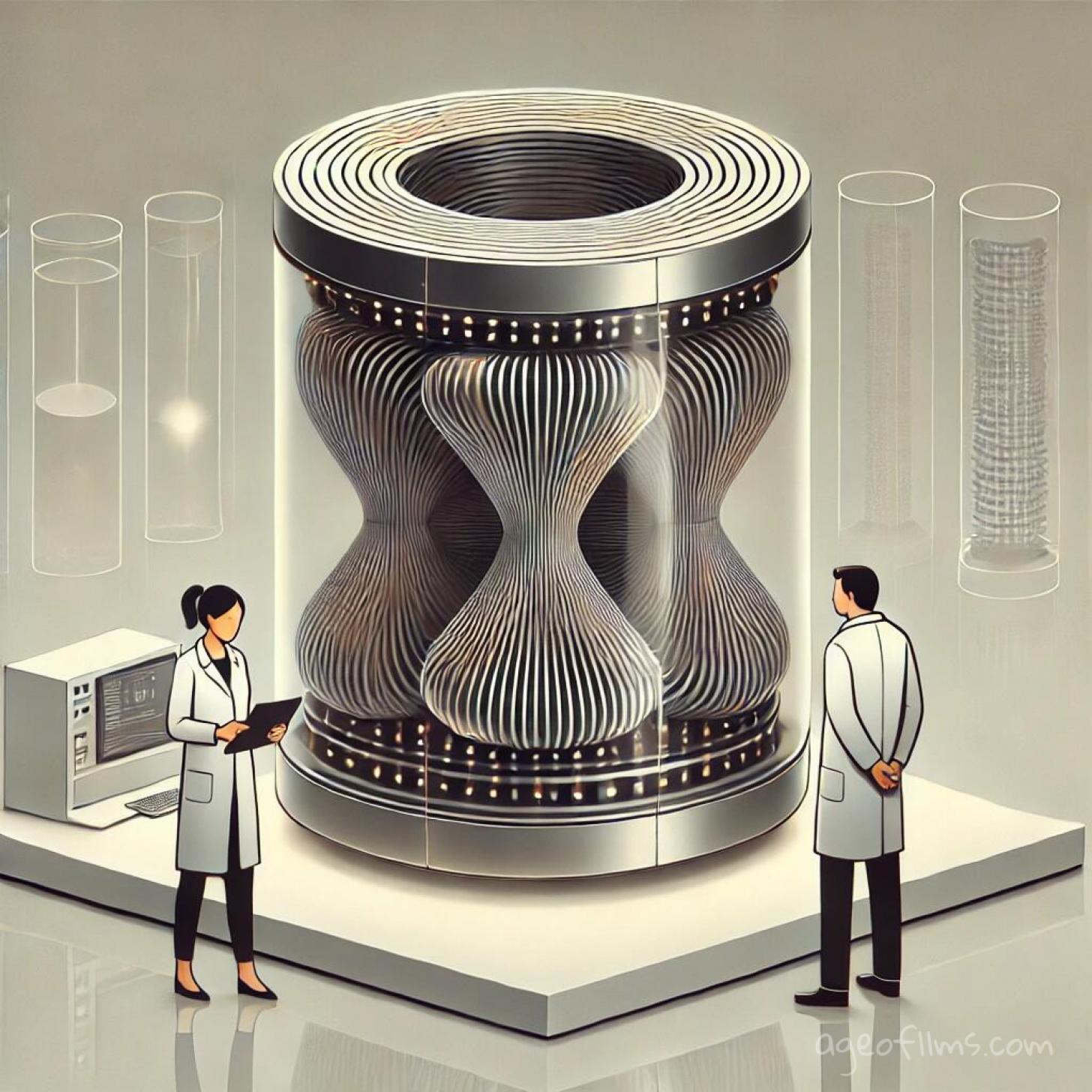A New Era in Computing: Google’s Willow Quantum Chip
Google’s Willow chip is rewriting the rules of computing. It performs calculations in minutes that would take traditional supercomputers longer than the universe's age to solve. With 105 qubits, it’s tackling the long-standing challenge of reducing errors as quantum systems scale up.

In fact, Willow recently cracked a problem in five minutes that a top-tier supercomputer would need 10 septillion years to finish. That’s not just fast—it’s game-changing. By making qubits less prone to errors as they scale, Google’s breakthrough paves the way for bigger, better quantum machines.
What Makes Quantum Computing Tick?
Quantum computers rely on “qubits” instead of the binary bits in regular computers. Unlike bits that are just 0 or 1, qubits can be both at once, thanks to a principle called superposition. Think Schrödinger’s cat—alive and dead at the same time until observed. The same happens with qubits until they’re measured.
The problem? Qubits are noisy, and a ton of them fail during processing—about 1 in 1,000, compared to 1 in a billion billion bits in classical computers. That error rate has been a massive roadblock to building reliable quantum machines, but Willow shows we’re finally moving past it.
The Promise of Quantum Computing
Quantum computers could redefine everything from medicine to AI. Their ability to crunch numbers makes conventional supercomputers look like calculators. But this power comes with risks, especially for cybersecurity.
Encryption’s Hanging by a Willow Branch
Most modern encryption, like RSA, relies on the fact that factoring large prime numbers is hard for classical computers. Quantum machines, using algorithms like Shor’s, could break that system with ease. If someone builds a quantum computer capable of this, our current encryption would crumble.
National Security and Cyber Warfare
The ability to break encryption isn’t just a tech problem—it’s a global security threat. Sensitive data, government communications, and financial systems could all be at risk. This could spark a new kind of arms race, with nations scrambling to outpace each other in quantum tech.
What’s the Solution?
Post-quantum cryptography is already in the works. Systems designed to resist quantum attacks are being developed by groups like the U.S. government and companies like Amazon. They’re working on algorithms that are future-proof, keeping critical data secure even in a quantum-powered world.
Quantum Computing’s Impact on Cryptocurrencies
Quantum computers could also shake up cryptocurrencies. Right now, private keys used in Bitcoin and other cryptos could be decoded by a strong enough quantum computer, making them vulnerable. Personally, I love crypto for a little gambling and even see Bitcoin as an investment in conjunction with less volatile assets, but of course such news are bearish for it in the long run, and that's a shame. While quantum threats to crypto are still a way off, it’s clear the technology will push the industry to rethink its security.
Published: Dec 13, 2024 at 1:39 PM
Related Posts

Meet Gemini CLI. AI that lives in your terminal
26 Jun 2025

